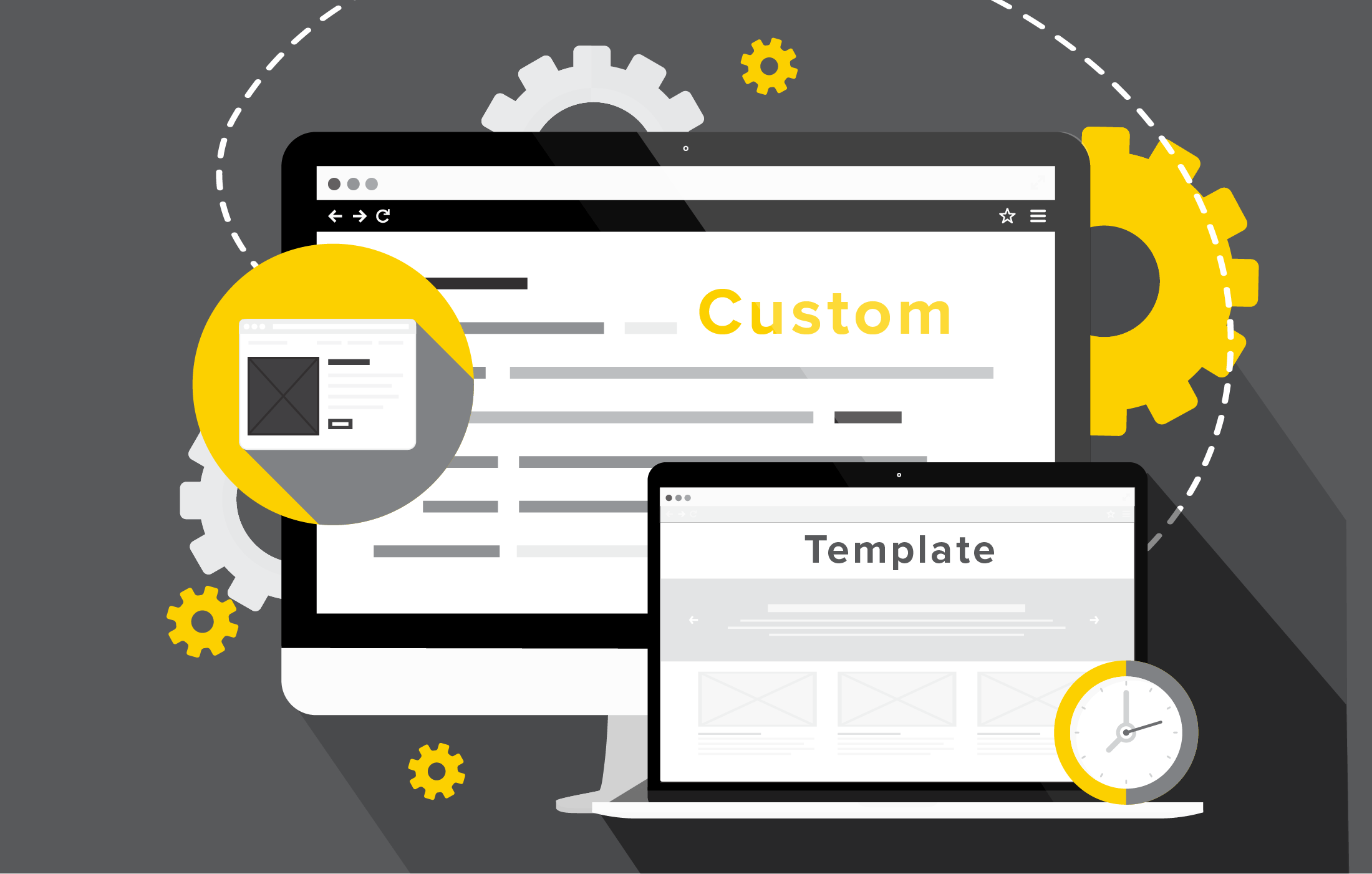In today’s digital age, having a strong online presence is essential for businesses and individuals alike. One of the most effective ways to establish a unique and professional presence on the web is through a custom-built website. Unlike pre-designed templates, custom-built websites are tailored to meet the specific needs and goals of the owner. Let’s delve deeper into the world of custom-built websites and explore their numerous benefits.
Advantages of Custom-Built Websites
Increased Flexibility
One of the primary advantages of a custom-built website is the level of flexibility it offers. With a custom design, you have full control over every aspect of your website, from layout and navigation to features and functionality. This flexibility allows you to create a site that truly reflects your brand identity and vision.
Unique Design
A custom-built website stands out from the crowd with its unique design. Unlike generic templates that are used by countless other websites, a custom design ensures that your site is one-of-a-kind. This uniqueness not only helps to capture the attention of visitors but also reinforces your brand’s identity and credibility.
Enhanced Performance
Custom-built websites are optimized for performance, ensuring fast loading times and smooth navigation. By eliminating unnecessary elements and optimizing code, custom designs can provide a seamless user experience across devices and platforms. This improved performance not only enhances user satisfaction but also boosts search engine rankings.
Factors to Consider When Building a Custom Website
Before embarking on the journey of building a custom website, it’s essential to consider several factors to ensure success.
Purpose and Goals
Clearly define the purpose of your website and identify your goals. Whether it’s to showcase your portfolio, sell products, or generate leads, understanding your objectives will guide the design and functionality of your site.
Target Audience
Know your target audience and tailor your website to meet their needs and preferences. Consider factors such as demographics, interests, and browsing habits to create a user-friendly experience that resonates with your audience.
Budget
Establish a realistic budget for your custom website project. While custom designs offer unparalleled flexibility and functionality, they can also be more costly than pre-designed templates. Be sure to allocate resources wisely to achieve the best possible outcome within your budget constraints.
Features & Functionality
Identify the features and functionality you require for your website. Whether it’s e-commerce capabilities, interactive elements, or multimedia integration, clearly outline your requirements to ensure they are incorporated into the design and development process.
Steps in Building a Custom Website
Building a custom website involves several key steps, each essential for achieving a successful outcome.
Planning & Research
Begin by conducting thorough planning and research to define your website’s goals, target audience, and desired features. Take the time to analyze competitors and gather inspiration from industry leaders to inform your design and development strategy.
Design & Development
Once you have a clear understanding of your requirements, work with a skilled design and development team to bring your vision to life. Collaborate closely throughout the process to ensure that the design aligns with your brand identity and meets your functional requirements.
Testing & Feedback
Before launching your website, thoroughly test its functionality across various devices and browsers. Solicit feedback from beta testers and stakeholders to identify any issues or areas for improvement. Make necessary adjustments to optimize performance and user experience.
Launch & Maintenance
After thorough testing and refinement, launch your custom website and monitor its performance closely. Regularly update content and security measures to keep your site fresh and secure. Consider implementing analytics tools to track visitor behavior and make data-driven decisions for continuous improvement.
Common Mistakes to Avoid
While custom-built websites offer numerous benefits, there are some common pitfalls to avoid to ensure success.
Ignoring SEO
Failing to optimize your website for search engines can hinder its visibility and impact. Incorporate SEO best practices from the outset, including keyword research, metadata optimization, and responsive design, to maximize your site’s reach and effectiveness.
Overcomplicating Design
While it’s tempting to incorporate flashy design elements and complex features, simplicity often reigns supreme in web design. Avoid overloading your website with unnecessary clutter and focus on delivering a streamlined user experience that prioritizes usability and functionality.
Neglecting Mobile Responsiveness
With an increasing number of users accessing the web on mobile devices, ensuring mobile responsiveness is crucial for success. Optimize your website’s design and layout for smartphones and tablets to provide a seamless experience across all devices.
Conclusion
Custom-built websites offer unparalleled flexibility, unique design, and enhanced performance compared to pre-designed templates. By carefully considering factors such as purpose, audience, and budget, and following a structured development process, businesses and individuals can create compelling online experiences that drive success.
FAQs
Why Choose A Custom-Built Website Over A Pre-Designed Template?
Custom-built websites offer greater flexibility, unique design, and enhanced performance tailored to your specific needs and goals.
How Much Does It Cost To Build A Custom Website?
The cost of building a custom website varies depending on factors such as complexity, features, and functionality. It’s essential to establish a realistic budget and allocate resources accordingly.
How Long Does It Take To Build A Custom Website?
The timeline for building a custom website depends on factors such as project scope, design complexity, and development resources. Typically, the process can take anywhere from a few weeks to several months.
Do I Need Technical Expertise To Maintain A Custom Website?
While some technical knowledge can be beneficial for making minor updates and adjustments, many custom website platforms offer user-friendly interfaces that require minimal technical expertise for day-to-day maintenance.
Can I Update My Custom Website After It’s Launched?
Yes, one of the advantages of a custom-built website is the ability to easily update and modify content, features, and functionality as needed to adapt to changing business requirements and user preferences.





